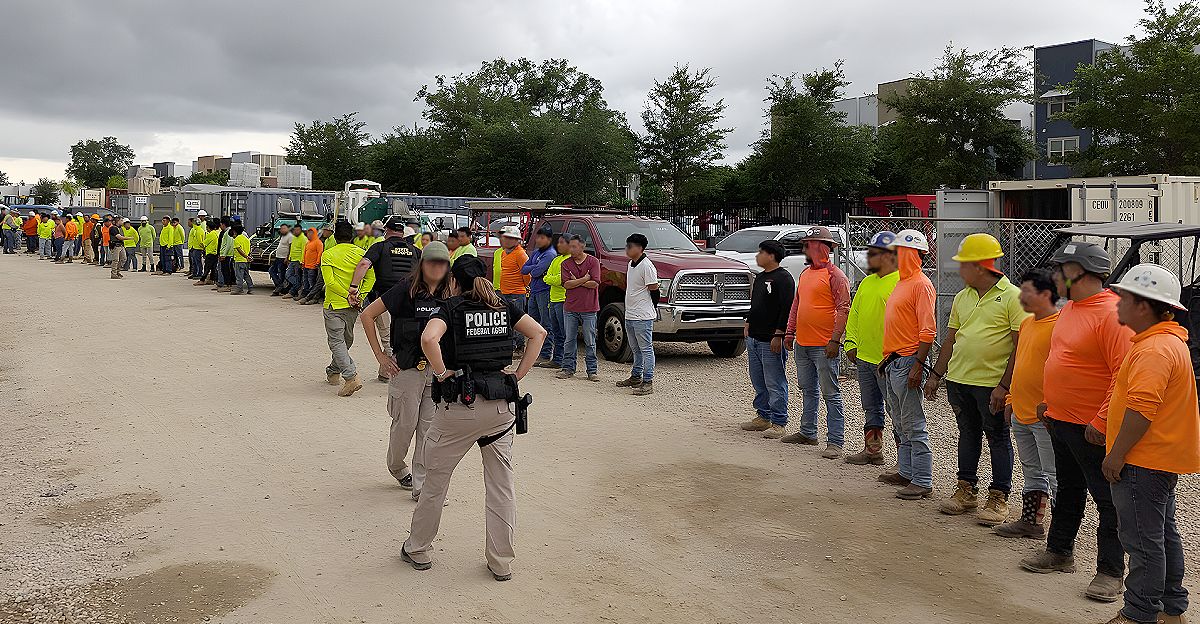
Federal immigration agents have recently unleashed a surge of workplace raids — not on drug labs or militants, but on farmworkers, meatpackers and restaurant staff. In fact, in just the first months of 2025, ICE announced more than 1,000 arrests of unauthorized workers. Yet nearly all those raids have swept up employees while leaving their employers untouched.
The Washington Post found only one single employer charged after dozens of these actions. So far, this crackdown could already be showing up in your grocery bill or local menu, affecting prices, portions and product availability far beyond the immigration debate.
Why It’s Happening

After a brief pause, top immigration officials abruptly reversed course on worksite raids. In mid-June, ICE leadership told agents to roll back an earlier order that had carved out farms, hotels and food plants. Agency heads emphasized that the White House’s 3,000-deportations-per-day quota remains in force. With this target looming, the focus is on swift arrests, not careful investigations of employers.
As one policy expert put it, the new actions are “not principally an action against employers” but part of a mass deportation drive.
Grocery Store Changes
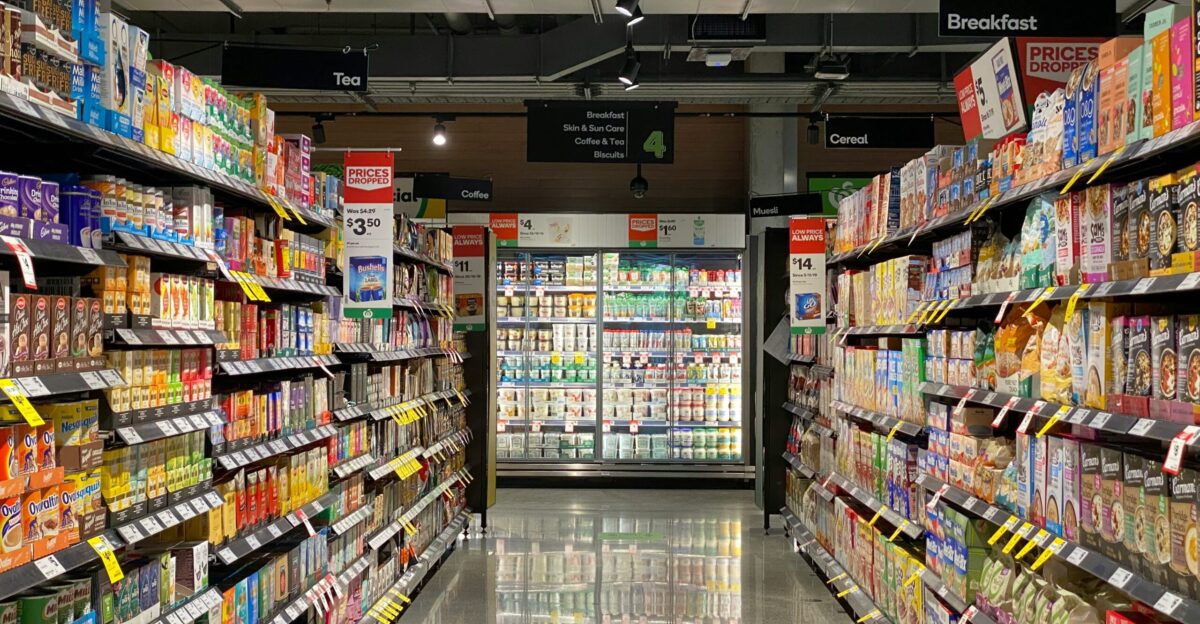
For everyday shoppers, the labor crackdown means tighter supplies and fatter tabs. U.S. farms rely on immigrant crews: about 42% of U.S. farmworkers lacked work authorization in 2022. Removing those workers was an “unnatural act,” warns a Kansas rancher – you “can’t just turn off a cow,” he says. Michigan State economist David Ortega notes immigrant labor has kept food affordable: by keeping farmers’ labor costs low, it “ultimately [kept] food prices lower for consumers”.
If fields go unpicked or packing plants slow down, expect smaller harvests and higher prices at the checkout. As one rancher put it, “These raids disrupt our food supply and contribute to higher food prices” – a squeeze American consumers will quickly feel on pantry staples and fresh produce alike.
Restaurant and Fast-Food Fallout
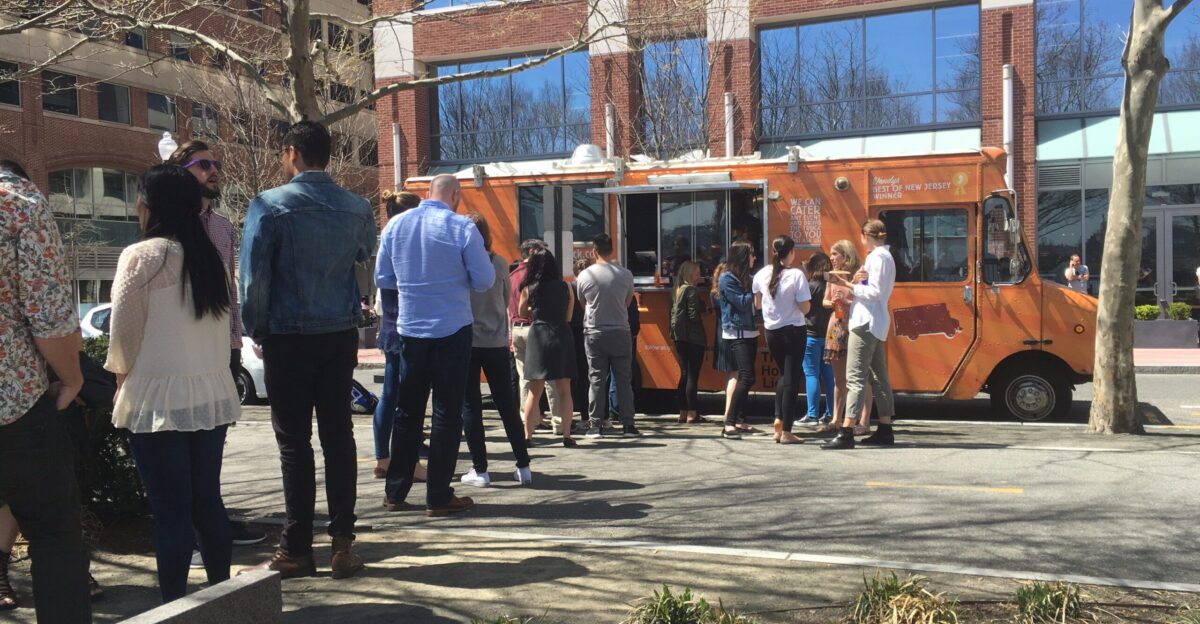
Eateries and quick-service chains are already feeling the impact. Some California taco trucks and small restaurants have shut down temporarily out of fear that their largely immigrant staff could be swept up. One industry coalition notes that recent raids “make operations more difficult” in businesses dependent on immigrant labor. As a result, restaurants and fast-food chains may trim menus or raise prices to cover higher staffing costs.
Diners could see menu changes, longer wait times or even shuttered outlets as kitchens adjust to a tighter labor pool.
Protein Substitutes and Costs

The shock to meat and produce supply chains is already pushing Americans toward substitutes. In Nebraska, ICE arrested 74 of 140 workers at a plant that sells steak and chicken, slashing output to about 20% of normal. Cattle traders immediately noticed – U.S. beef futures dipped amid fears that processing bottlenecks could tighten supplies. Faced with scarcer beef, consumers may lean on chicken, pork or plant-based burgers instead.
But those alternatives could cost more, too: poultry processors and veggie-meat startups also rely on labor (and rising demand tends to push their prices up).
Global Trade and Imports
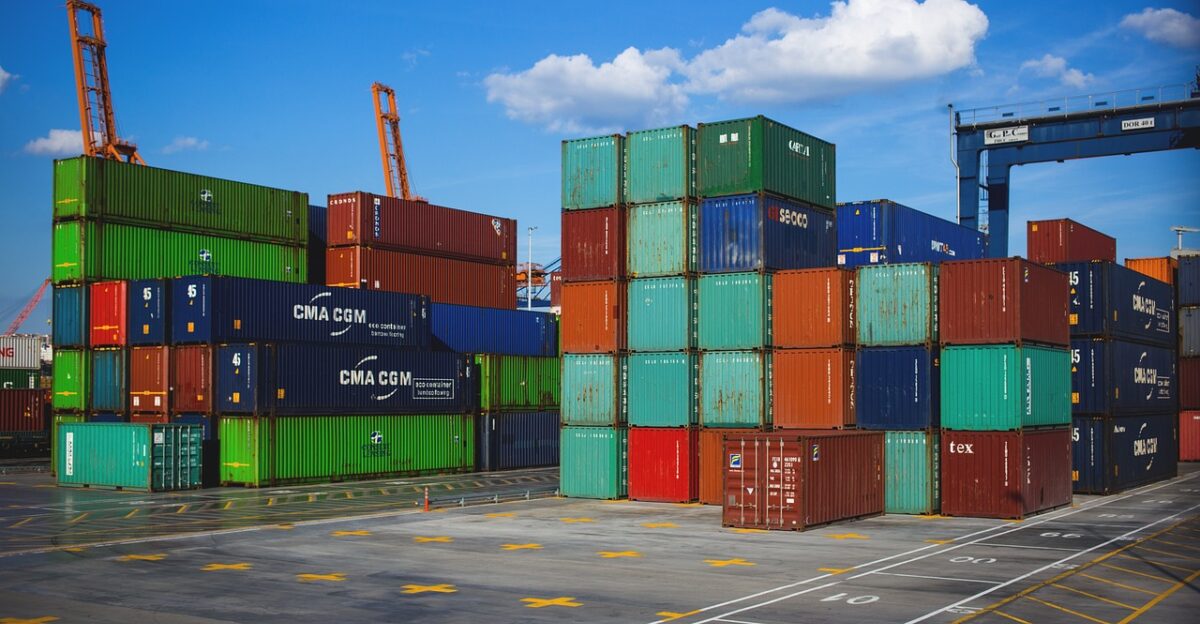
Tighter U.S. production has international echoes. American farms already compete with lower-cost imports: growers frequently “import more fresh produce from countries that pay as little as one-tenth the hourly wage” of U.S. workers. If domestic harvests shrink, grocery chains will plug the gap with imports, which can carry extra shipping and tariff costs.
That means higher prices for some staples and a shift toward produce from Mexico, Peru or Canada. In effect, pushing U.S. labor costs higher can drive more U.S. demand for cheaper foreign goods, so even international prices and trade balances can feel the effect of the raids.
Farmers Sound the Alarm
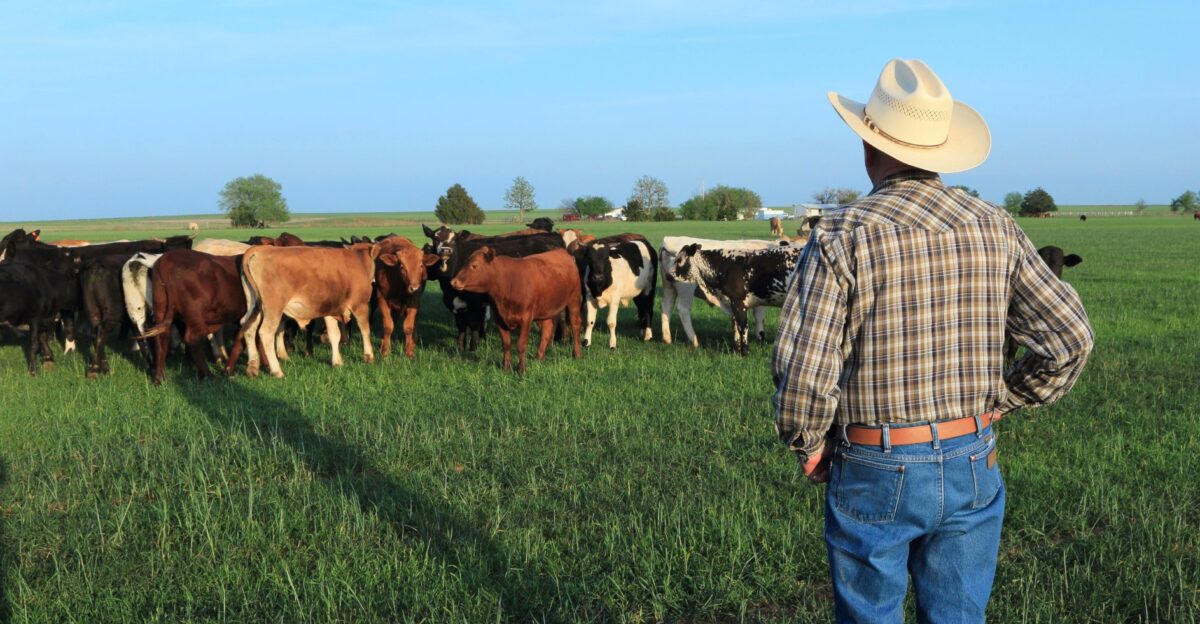
Farmers and ranchers are sounding the alarm about this policy’s fallout. Livestock industry leaders bluntly warn that enforcement teams “have no idea how farms operate,” says Kansas rancher Matt Teagarden. Cattle don’t “turn off” when raids happen – cows still need milking and feeding every day.
Many farmers support border security, but they argue that shocking the labor force risks short-term production spikes at the cost of long-term losses. They point out that immigrant labor has kept farmers’ costs down for years; without it, farms must raise wages or shrink output.
Political and Policy Moves

The controversy is now moving into Washington. Even President Trump has floated a solution for farmers: let “good, reputable farmers” keep their immigrant workers if they formally “take responsibility” for them. Agriculture groups say they’d consider any “reasonable” reform. Kansas ranchers, for example, are urging Congress and the administration to work out a fix that secures borders without plowing over farms.
Meanwhile, lawmakers from key farming states are drafting measures – from expanding seasonal-visa programs to emergency aid for hit industries – to blunt the impact. The debate now includes subsidy plans and visa policy changes that could cushion consumers and producers alike.
Consumer Advice
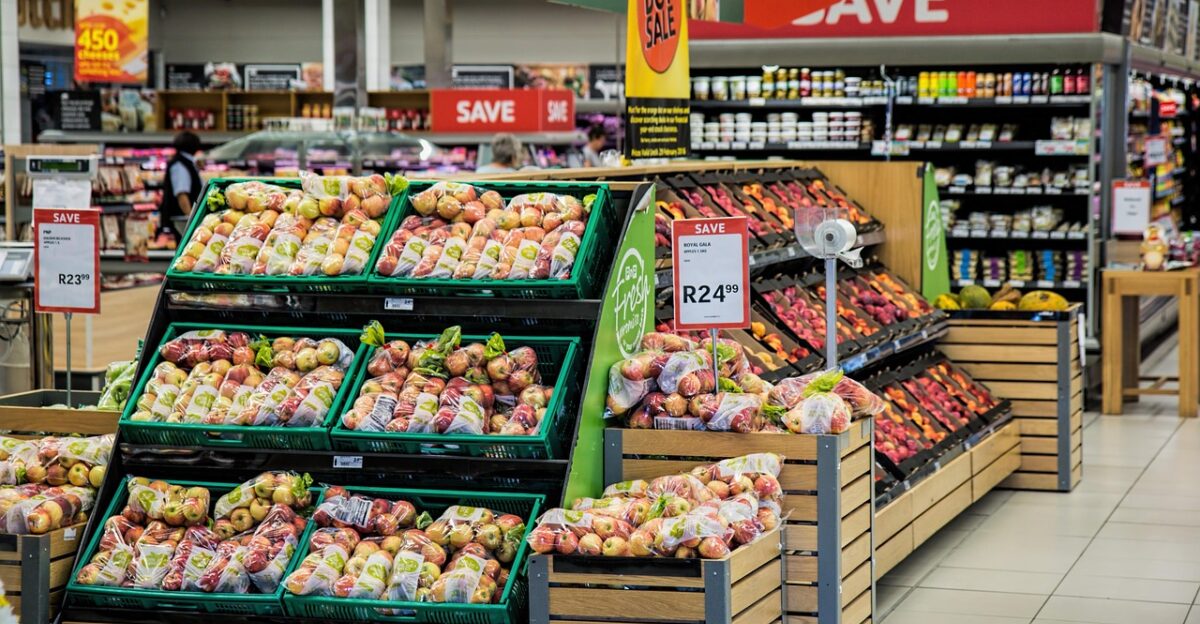
Shoppers can take practical steps to soften the blow. It’s wise to stock up on staples that store well (beans, rice, pasta, canned goods) while prices are relatively stable. When shopping, compare prices and consider alternatives: poultry and plant-based proteins might still offer savings if beef becomes dearer. Buying direct from local farms or joining a community-supported agriculture (CSA) program can both support fair labor practices and avoid some supply-chain shocks.
At restaurants, be patient with menu changes and consider tipping generously – staff may be stretched thinner.
Forward-Looking
In the end, U.S. consumers are left feeling the cost. Economist David Ortega notes that America’s food system “relies heavily on migrant workers” from planting through packing, and those workers have long helped keep grocery prices low. When enforcement action whisks away significant labor, one ICE raid can translate into empty store shelves and higher grocery bills.
Think of it this way: a worksite enforcement action in rural America can end up with a home address on your dinner plate.

